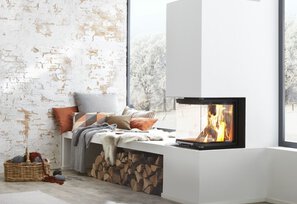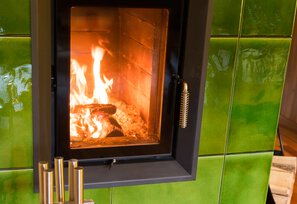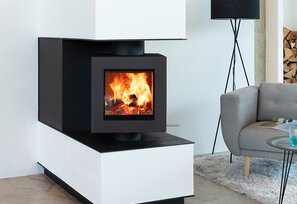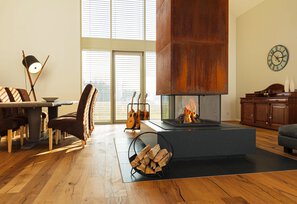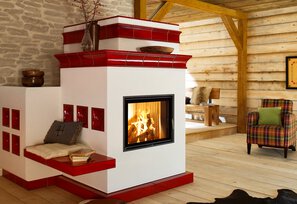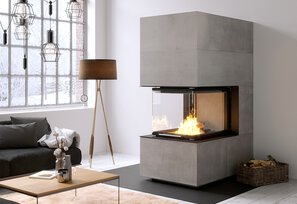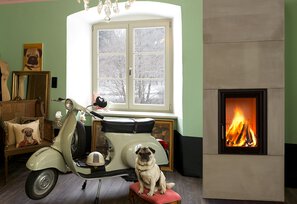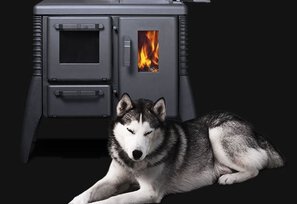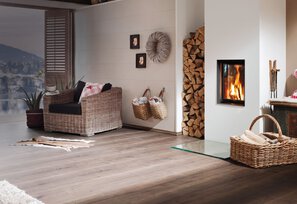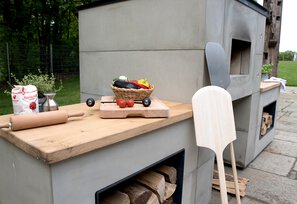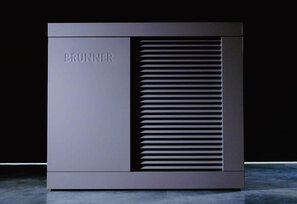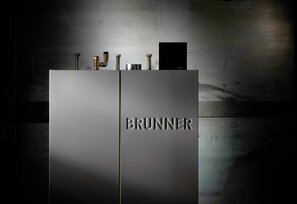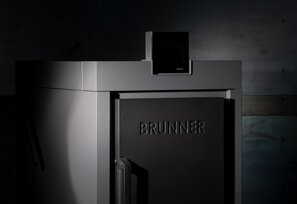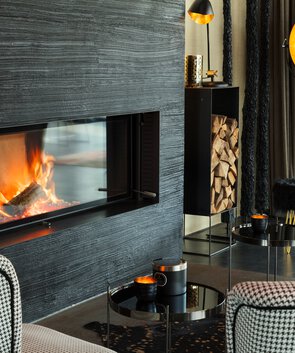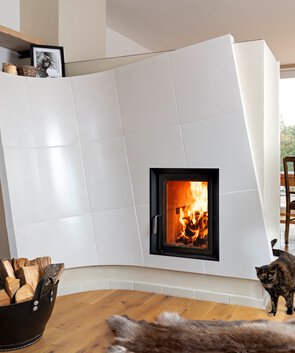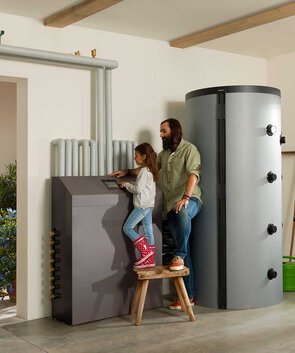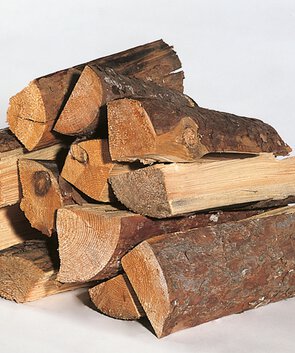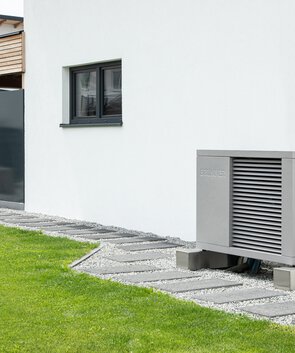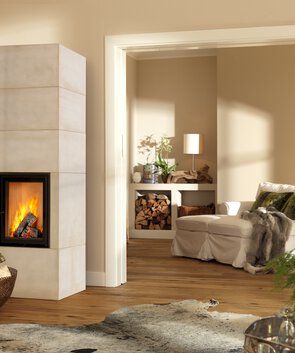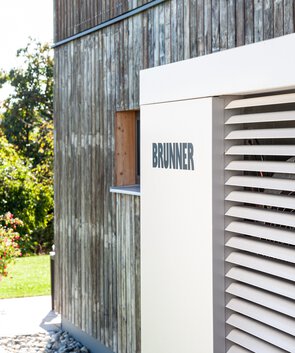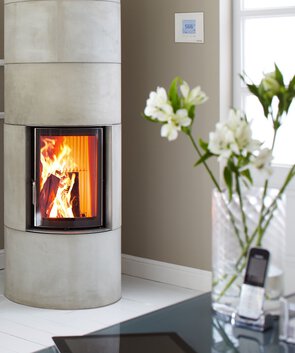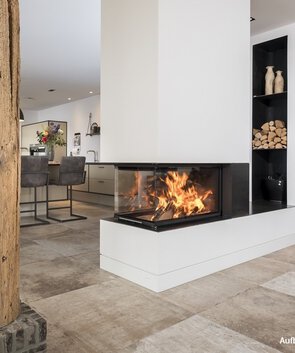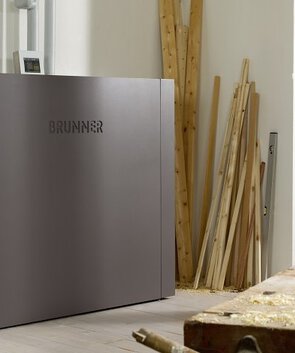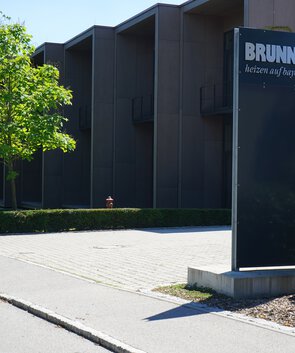What wood types are there?
Wood is not just wood - this is particularly evident in its use as a fuel. Birch, oak, beech, ash - they and other woods differ from each other in many aspects and offer advantages and disadvantages when heating fireplaces and stoves. Accordingly, not only the "heat quantity" of the respective type of wood is a decisive factor, but also the burning properties and the requirements one places on the fireplace and fuel.
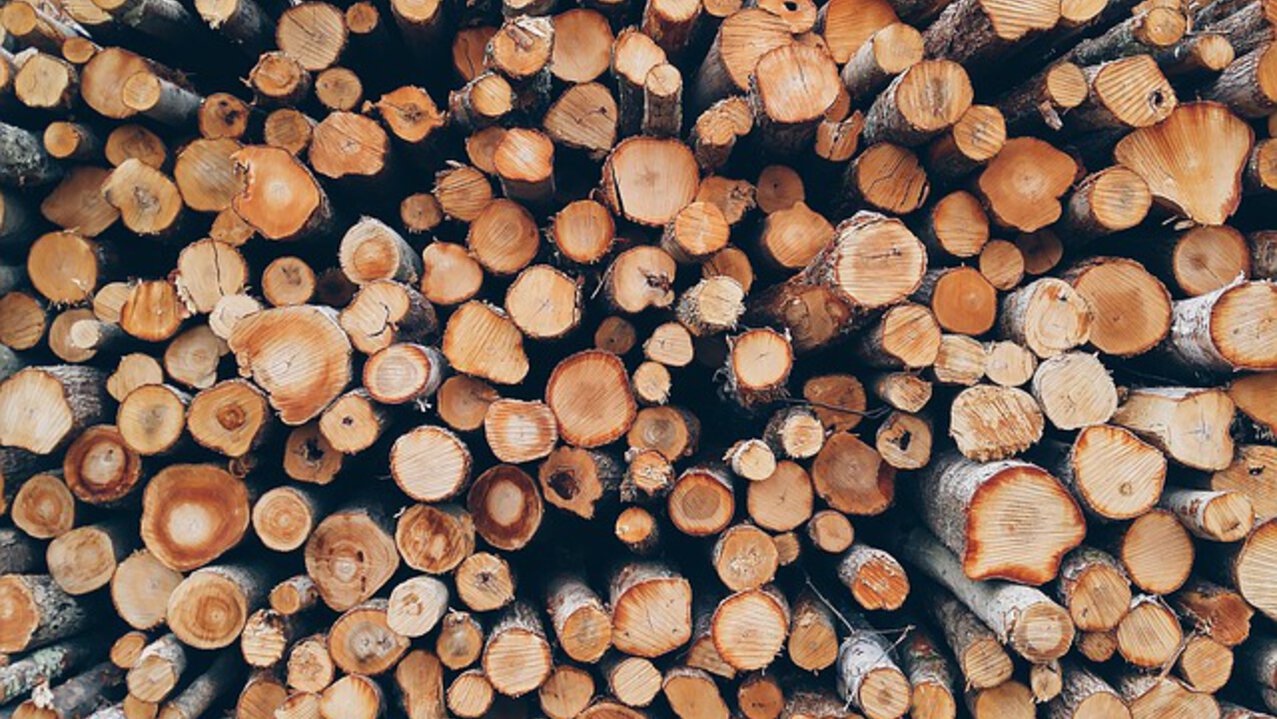
Differences in wood types
Basically, wood can be divided into hardwood and softwood. These two categories of wood differ in particular in their density. The density of softwoods is lower, which is why they belong to the category of softwoods. Hardwoods, on the other hand, have a higher density.
The decision between hardwood or softwood plays an important role when heating stoves and fireplaces. Due to their different densities, they have different calorific values and thus also burning times. Likewise, the woods differ in their workability and ignitability.
Hardwoods
The most popular hardwoods are birch, oak, beech and ash. They all have in common that they provide a fairly good calorific value and thus a long-lasting burning time. However, they are more difficult to kindle, which is why it is recommended to use softer wood for this purpose.
All the hardwoods mentioned are suitable for open fireplaces, as they contain little resin and therefore do not produce flying sparks. Only oak is less suitable for this purpose. For such cases, Brunner offers spark protection grids for open fireplaces as standard.
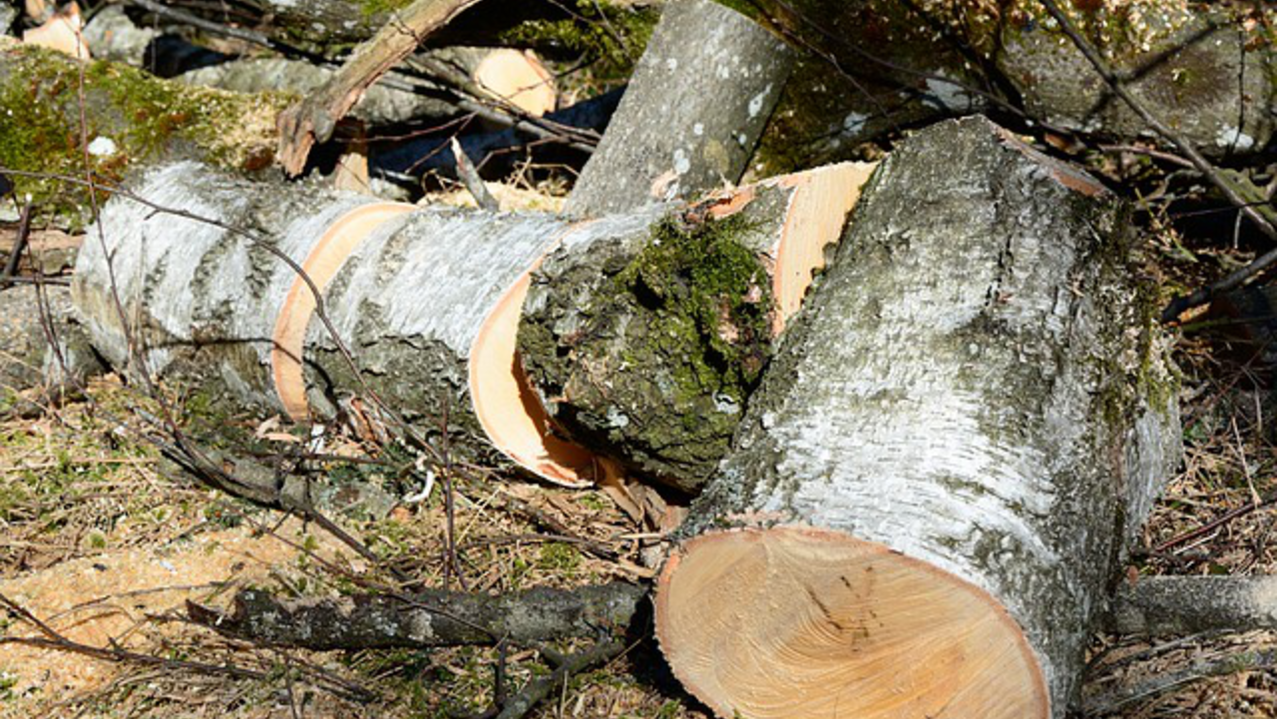
Softwoods
Softwoods that are often used as firewood include spruce and pine. Both are softwoods and have a lower calorific value due to their low density. This makes them burn faster, but they are also easier to light.
Spruce and pine wood have a high resin content, which creates a strong spark. These types of wood are therefore more suitable for closed fireplaces. One advantage of resin: it triggers a pleasant crackling and is thus a plus in atmosphere.
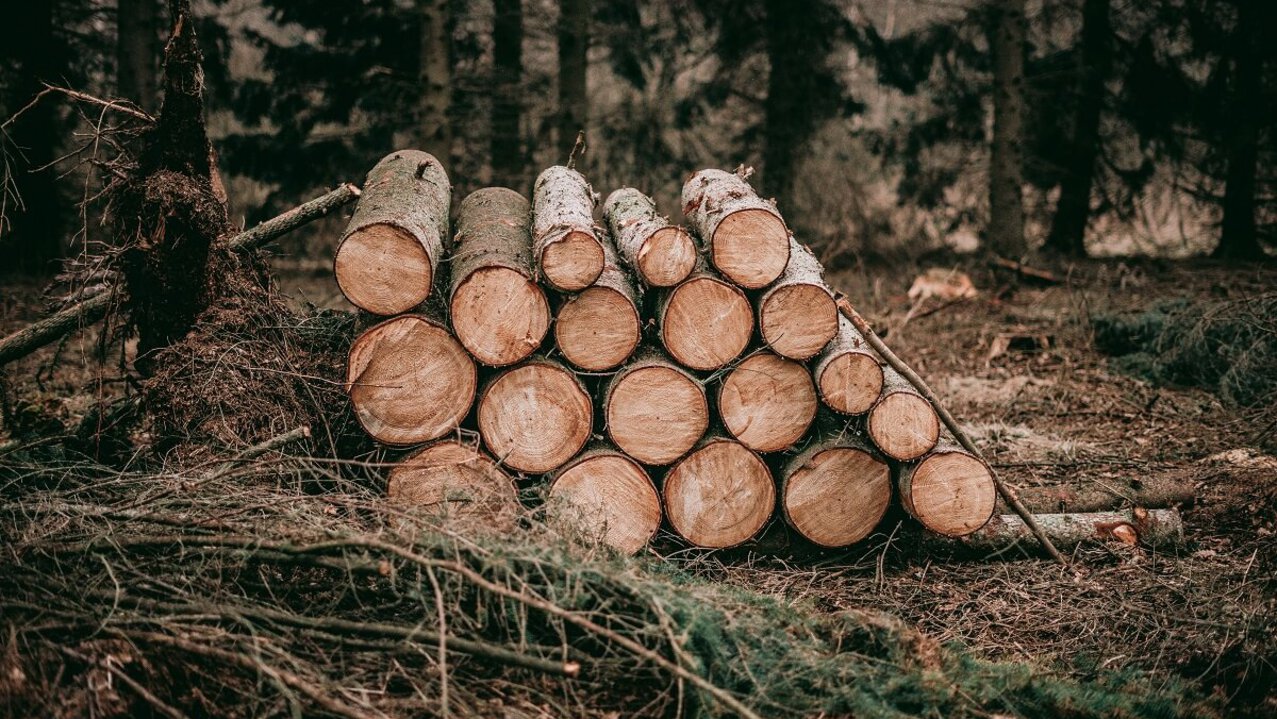
Selecting the right type of wood
There are of course more woods that are also well suited for heating. However, the types of wood mentioned are the most common types. When choosing one or more types of firewood, everyone should consider for themselves which functions the fireplace is to fulfil and how the fire is desired.
In the end, it always depends on regional availability which type of wood is the cheapest and easiest to obtain. The lumpiness and the moisture content of the firewood are also important. Dry wood (moisture below 20%, ideally around 15%) should always be used, as it has a higher calorific value and produces fewer emissions.
The wetter the wood, the more it has to be added and the more emissions are produced. Burning with moist wood is also a burden on the wallet, because to achieve the same calorific value with moist wood as with dry wood, considerably more wood is needed.

Conclusion
The most common woods for heating are, on the one hand, the soft woods spruce and pine, which have a lower calorific value but are easier to kindle. On the other hand, the hardwoods birch, oak, beech and ash, which have a fairly good calorific value.
Depending on the device, the right type of wood must be selected. For open fireplaces, for example, it is important to have little flying sparks. The wood moisture content is also particularly important. Wood that is too moist has a lower calorific value and negative effects on your stove system.
